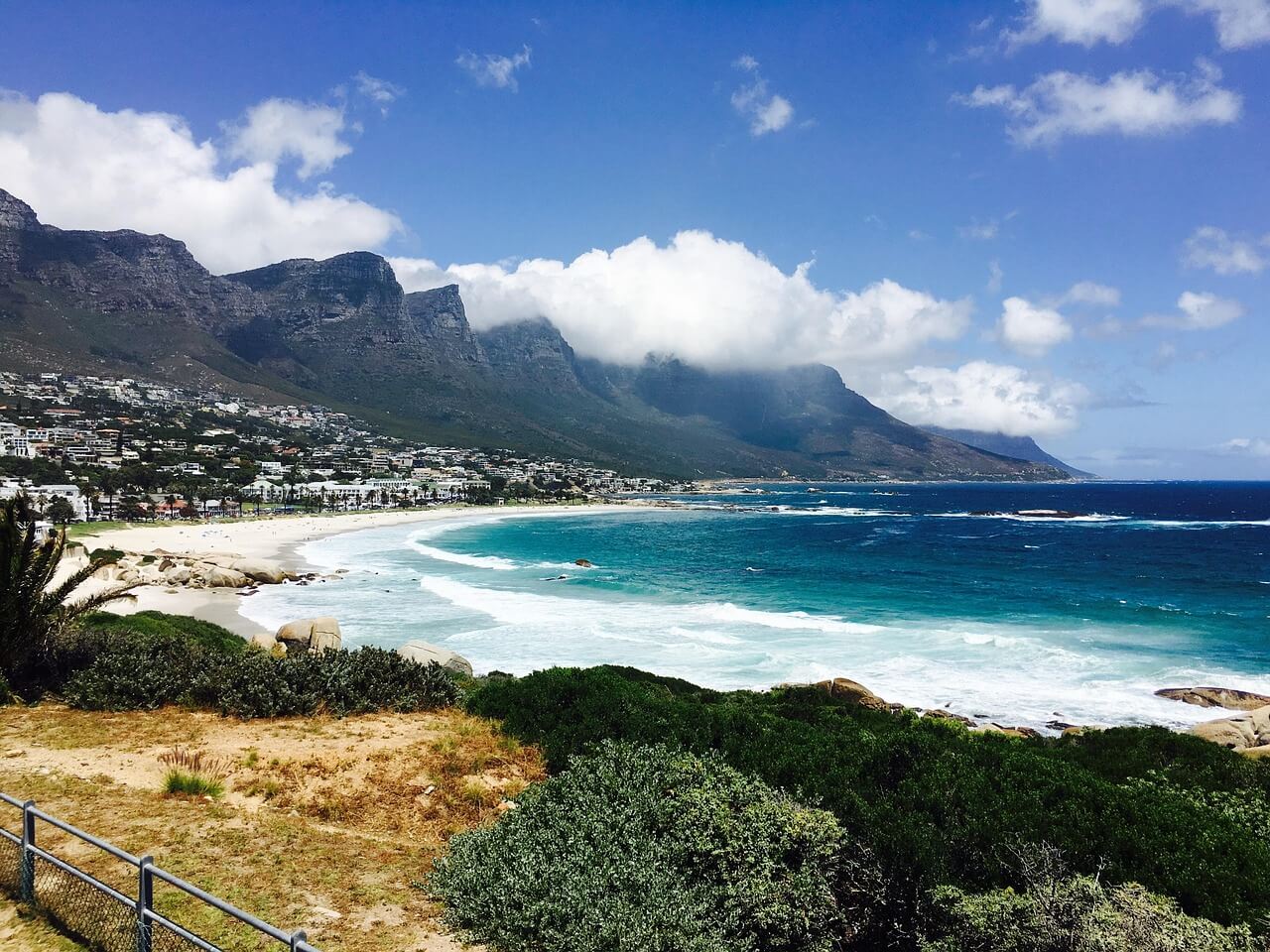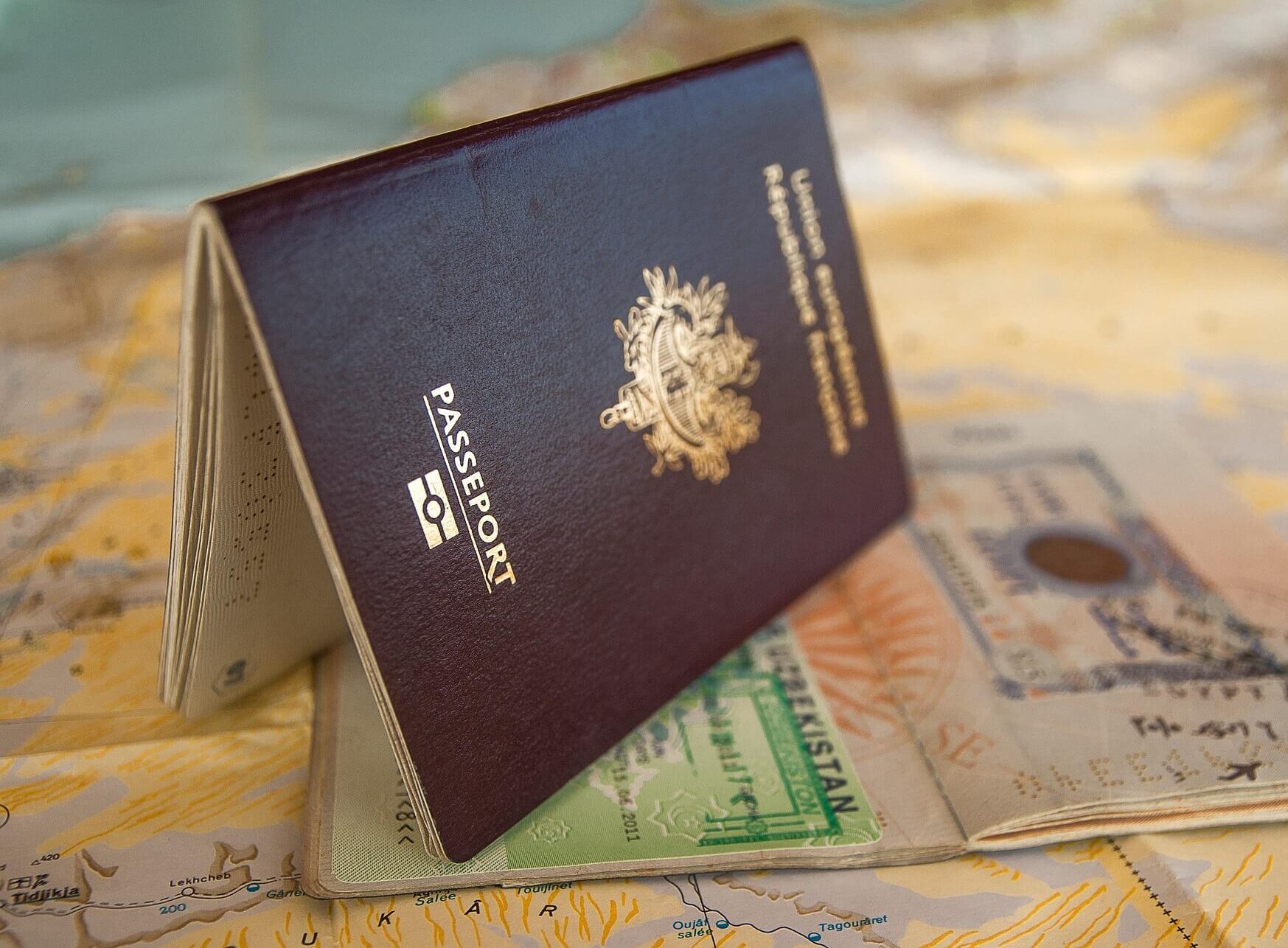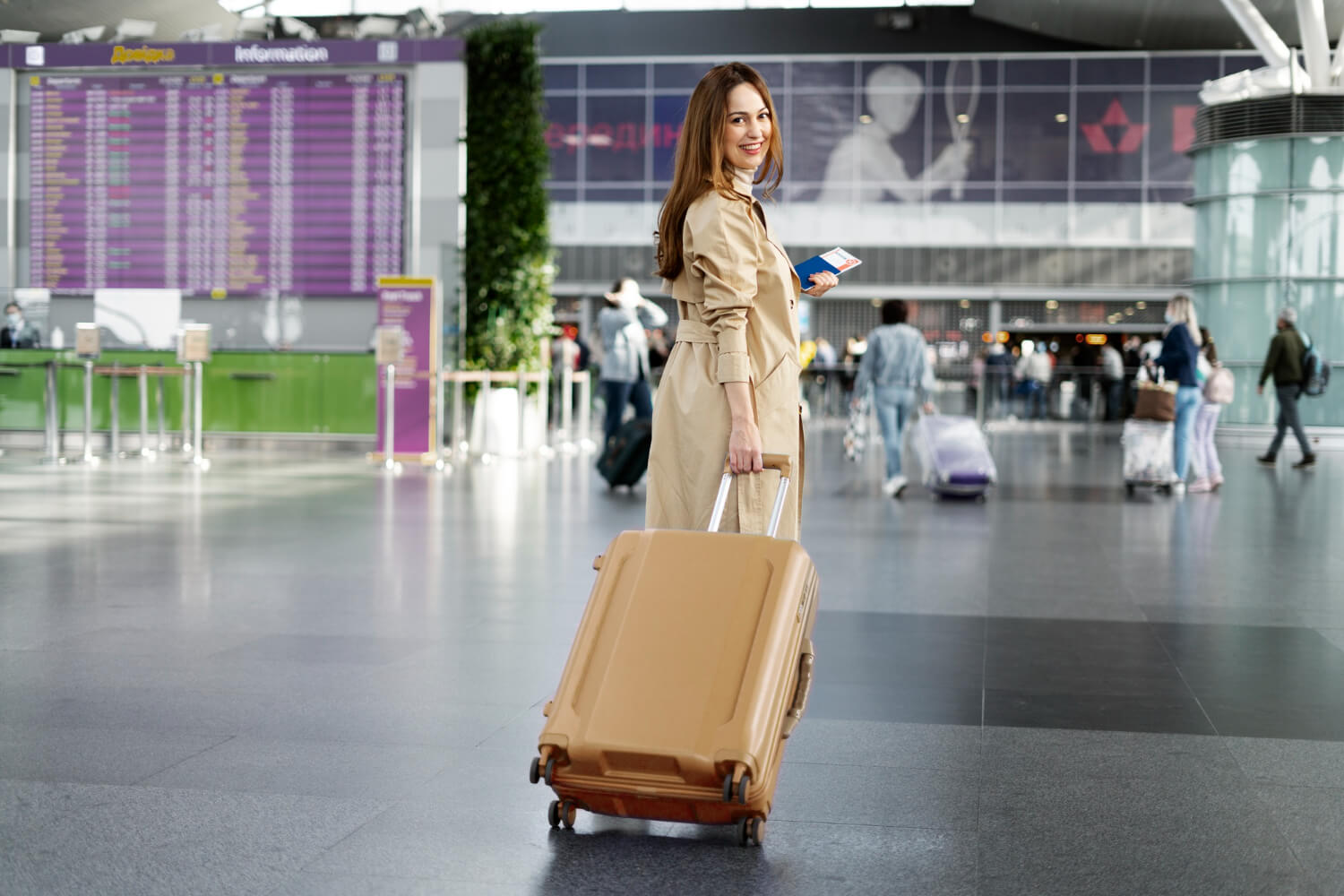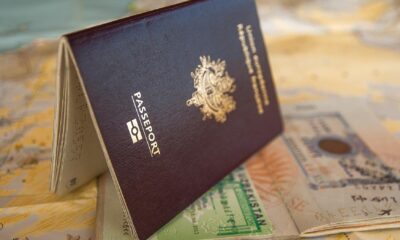2. Planning Your Trip
Safety Tips for Tourists in Cape Town: Travel Smart & Stay Secure

Cape Town is one of the most breathtaking cities in the world. With its dramatic backdrop of Table Mountain, world-class beaches, vibrant neighborhoods, and rich culture, it’s no wonder millions of tourists visit every year.
But like any major city, Cape Town has areas and situations where extra caution is needed. While most visitors enjoy their trip without incident, being aware, prepared, and informed is the best way to ensure your adventure is safe and enjoyable.
This guide offers practical safety tips for tourists in Cape Town, from transport and accommodation to nightlife and cultural etiquette.
1. Is Cape Town Safe for Tourists?
Yes — Cape Town is generally safe in tourist-friendly areas such as the City Bowl, Waterfront, Camps Bay, and Constantia. These areas are well-policed and busy with travelers, restaurants, and hotels.
However, Cape Town, like many large cities, has higher crime levels in certain neighborhoods. Petty theft, pickpocketing, and opportunistic crime are the most common issues for tourists. Violent crime rarely affects visitors who stick to recommended areas and follow basic precautions.
👉 Key Insight: If you exercise the same street smarts you would in New York, London, or Rio de Janeiro, your trip to Cape Town should be trouble-free.
2. General Safety Tips for Tourists
a) Avoid Walking Alone at Night
- Stick to well-lit, busy streets and avoid quiet areas after dark.
- Popular nightlife districts (Long Street, Camps Bay, Sea Point) are safe when you stay in groups and use secure transport.
- If you want to enjoy Cape Town’s nightlife, always arrange a safe ride home.
b) Use Uber or Bolt Instead of Street Taxis
- Ride-hailing apps like Uber and Bolt are affordable, reliable, and safer than unregulated street taxis.
- MyCiTi buses are also safe during the day, especially for routes between the airport, CBD, and Table View.
c) Keep Valuables Secure
- Don’t display expensive jewelry, watches, or electronics openly.
- Use cross-body bags or anti-theft backpacks.
- Keep cash to a minimum—most places accept cards.
3. Safe Areas vs. Areas to Avoid
Safest Tourist Areas
- V&A Waterfront: Busy shopping, dining, and entertainment hub.
- Camps Bay & Clifton: Beachside areas popular with both locals and tourists.
- Sea Point: Great for walking the promenade during the day.
- Constantia: Peaceful wine estates and luxury stays.
- City Bowl & Gardens: Central, with many hotels, restaurants, and museums.
Areas to Approach with Caution
- Downtown Cape Town (CBD): Safe during the day but avoid deserted streets at night.
- Townships: Fascinating cultural experiences, but always visit with a trusted local guide.
- Quiet beaches after dark: Popular during the day, but isolated at night.
👉 Tip: Stick to tourist-friendly neighborhoods, especially after sunset.
4. Transport Safety in Cape Town
- Uber & Bolt: The safest and most popular option for tourists.
- MyCiTi Bus: Reliable for airport transfers and certain routes.
- Car Rentals: Safe for exploring the Cape Peninsula and Winelands—just keep doors locked and don’t leave valuables visible.
- Walking: Fine in busy, central areas during the day. Avoid deserted streets or mountain trails alone.
5. Beach & Outdoor Safety
Cape Town is famous for its beaches and hiking trails, but visitors should follow simple precautions:
- Swimming: Only swim at designated beaches with lifeguards. Currents and tides can be dangerous.
- Sharks: Shark spotters operate at popular beaches like Muizenberg. Always follow their guidance.
- Hiking: Table Mountain, Lion’s Head, and Signal Hill are safe during the day when busy. Hike with a group, carry water, and check weather conditions.
- Wildlife: Don’t feed baboons or approach wild animals—they can be aggressive.
6. ATM & Money Safety
- Withdraw cash inside shopping malls or banks, not at isolated ATMs.
- Cover your PIN when entering it.
- Avoid exchanging large amounts of money in public.
- Carry small notes for taxis and markets.
7. Common Scams to Avoid
- Fake “Tour Guides”: Only book tours through reputable companies or official websites.
- ATM Helpers: Don’t accept assistance from strangers at ATMs.
- Street Vendors with “Free” Gifts: Politely decline and walk away—there’s usually a catch.
- Unlicensed Taxis: Always use Uber, Bolt, or pre-arranged transport.
8. Health & Safety Tips
- Water: Tap water in Cape Town is safe to drink.
- Sun Protection: UV rays are strong—always wear sunscreen, hats, and sunglasses.
- Medical Care: Private hospitals are excellent. Travel insurance with medical coverage is recommended.
- Emergency Numbers:
- Police: 10111
- Ambulance/Medical: 10177
- General Emergency: 112 (from mobile phones)
9. Cultural Awareness & Respect
Safety isn’t just physical—it’s also about respecting local culture.
- Be polite and greet locals with a smile.
- Dress modestly when visiting religious or traditional sites.
- Ask permission before photographing people, especially in townships.
Showing respect goes a long way toward positive interactions.
10. Final Safety Checklist for Tourists
- ✅ Stick to tourist areas and avoid isolated places at night.
- ✅ Use Uber, Bolt, or MyCiTi for safe transport.
- ✅ Keep valuables hidden and carry minimal cash.
- ✅ Stay alert in crowded areas for pickpockets.
- ✅ Always hike or explore with others.
- ✅ Save local emergency numbers in your phone.
Final Thoughts
Cape Town is a world-class travel destination—and with the right precautions, it’s a safe and rewarding city to visit. By using common sense, sticking to recommended neighborhoods, and following the tips in this guide, you’ll be able to explore the Mother City’s beaches, mountains, culture, and cuisine with peace of mind.
Remember: millions of tourists visit Cape Town every year without issues. Stay alert, stay smart, and you’ll discover why this city is one of the most unforgettable places on Earth.

2. Planning Your Trip
Best Time to Visit Cape Town: A Complete Seasonal Guide

Choosing the best time to visit Cape Town can make all the difference in your travel experience. Known for its stunning landscapes, vibrant culture, and outdoor adventures, Cape Town’s weather plays a key role in shaping what you can do while you’re here.
The city enjoys a Mediterranean climate—hot, dry summers and cool, rainy winters—which means the best activities vary throughout the year. Whether you’re coming for the beaches, hiking, wine tasting, or whale watching, there’s a perfect season for you.
This guide breaks down Cape Town’s seasons to help you plan your ideal trip.
Summer in Cape Town (November – February)
Weather: Average highs of 25–30°C (77–86°F), long sunny days, very little rain.
Summer in Cape Town is peak tourist season, and it’s easy to see why. With hot, sunny days and clear skies, this is the time when the city comes alive.
Best Activities in Summer
- Beaches: Camps Bay, Clifton, and Muizenberg are at their best. Expect white sand, turquoise waters, and vibrant beach bars.
- Hiking: Early mornings are perfect for tackling Table Mountain or Lion’s Head before the midday heat.
- Nightlife: Summer evenings are electric, with rooftop bars in the CBD and sunset cocktails along the Atlantic Seaboard.
- Festivals: December and January bring music festivals, outdoor concerts, and cultural events.
Travel Tips
- Book accommodation early—hotels and Airbnbs fill up fast.
- Expect higher prices during December holidays.
- Sunscreen and hats are essential—the African sun is strong.
Ideal For: Beach lovers, festival-goers, and first-time visitors who want to see Cape Town in its most vibrant form.
Autumn in Cape Town (March – May)
Weather: Pleasant temperatures (17–27°C / 62–80°F), fewer crowds, little rainfall.
Autumn is often called Cape Town’s best-kept secret. The weather is still warm, but the summer crowds thin out, and prices begin to drop.
Best Activities in Autumn
- Wine Tours: The Cape Winelands (Stellenbosch, Franschhoek, Paarl) are at their peak during harvest season. Tastings often include grape stomping and cellar tours.
- Sightseeing: With fewer tourists, attractions like Robben Island and Kirstenbosch Botanical Gardens are more relaxed to explore.
- Photography: Autumn light is softer, creating incredible conditions for golden-hour shots of Table Mountain and Cape Point.
- Hiking: Cooler weather makes trails like Devil’s Peak or Skeleton Gorge more enjoyable.
Travel Tips
- Carry a light jacket—nights can get cooler.
- Autumn is a great time for food and wine festivals.
- Perfect for travelers looking for balance between weather, crowds, and affordability.
Ideal For: Wine enthusiasts, couples, and travelers seeking great value without compromising on weather.
Winter in Cape Town (June – August)
Weather: Cool (10–18°C / 50–65°F), rainy, occasional sunny days.
Winter in Cape Town may not sound appealing, but it has its charms. While you won’t be spending days on the beach, this is the season for wildlife, cozy experiences, and budget-friendly travel.
Best Activities in Winter
- Whale Watching: Hermanus, a short drive from Cape Town, is one of the world’s best whale-watching spots. Southern Right Whales migrate here between June and October.
- Safari Add-Ons: Pair your Cape Town trip with a winter safari in nearby reserves.
- Museums & Culture: Explore the District Six Museum, Zeitz MOCAA, and indoor galleries.
- Food & Wine: Cozy up in Cape Town’s restaurants, enjoy hearty Cape Malay curries, and indulge in red wine tastings.
Travel Tips
- Bring rain jackets and layers.
- Accommodation is cheaper—great for budget travelers.
- Winter sunsets can be spectacular after rain showers.
Ideal For: Whale watchers, budget-conscious travelers, and those who enjoy a slower, cozy pace.
Spring in Cape Town (September – October)
Weather: Mild temperatures (15–25°C / 59–77°F), less rain, flowers blooming.
Spring in Cape Town is colorful, refreshing, and vibrant. Wildflowers cover the landscapes, and the city awakens from its winter lull.
Best Activities in Spring
- Wildflower Viewing: Namaqualand (just north of Cape Town) turns into a carpet of blooming flowers.
- Outdoor Adventures: Hiking, cycling, and kayaking return in full swing as days get warmer.
- Kirstenbosch Gardens: Spring showcases South Africa’s unique plant life at its best.
- Beaches: While waters are still chilly, the weather is warm enough for sunbathing and beach walks.
Travel Tips
- Spring is less crowded than summer but with similar weather perks.
- Bring layers—the weather can change quickly.
- Perfect season for affordable travel before peak summer rates.
Ideal For: Outdoor adventurers, photographers, and those seeking balance between great weather and affordability.
When Is the Best Time Overall?
Each season has its highlights, but for most travelers, the best time to visit Cape Town is spring (September–October) or autumn (March–May).
- Spring: Warm weather, fewer crowds, and blooming wildflowers.
- Autumn: Wine harvests, cultural festivals, and mild temperatures.
Both seasons strike a perfect balance of good weather, lower costs, and accessibility.
Final Thoughts
Cape Town is truly a year-round destination. Whether you want to hike Table Mountain in summer, sip red wine in autumn, watch whales in winter, or explore wildflower landscapes in spring, there’s always something magical to experience.
By planning around the season that matches your interests, you’ll enjoy Cape Town to the fullest—and leave with memories that last a lifetime.
2. Planning Your Trip
Visa Requirements & Entry Guide for Cape Town, South Africa

Planning your dream trip to Cape Town means more than just packing your bags—it also means understanding the visa requirements and entry rules for South Africa. Knowing what documents you need in advance ensures your arrival at Cape Town International Airport goes smoothly, so you can focus on enjoying the breathtaking views of Table Mountain, Camps Bay, and the Cape Winelands.
This guide breaks down who needs a visa, how long you can stay, what documents are required, and other essential entry tips for international travelers.
1. Do You Need a Visa to Visit Cape Town?
South Africa maintains agreements with many countries that allow their citizens to enter visa-free for short stays. Travelers from the following regions generally do not require a visa for stays of up to 90 days:
- United States
- United Kingdom
- European Union member states
- Canada
- Australia
- New Zealand
- Japan
- Switzerland
- Brazil
If you’re from one of these countries, you can arrive in South Africa with just your passport, proof of onward travel, and sufficient funds. Immigration officials at the border will stamp your passport with a visitor’s permit valid for up to 90 days.
👉 Tip: This entry stamp is not technically a visa—it’s a visitor’s permit. Make sure you don’t overstay, as penalties can include fines, bans, or difficulties re-entering South Africa.
2. Countries That Require a Visa
Travelers from countries not on the visa-exempt list must apply for a visitor visa before departure. Examples include:
- Most Asian countries (except Japan and South Korea)
- Many African nations outside the Southern African Development Community (SADC)
- Middle Eastern countries such as Saudi Arabia, Iran, and Pakistan
If you fall into this category, you’ll need to apply for a South African visa through the nearest South African Embassy or Consulate.
3. Types of Visitor Visas
For short-term travel, most tourists apply for a Visitor Visa (Tourist Visa). However, South Africa offers several categories depending on your purpose:
- Tourist Visa: For leisure travel and sightseeing.
- Business Visa: For attending meetings, conferences, or short business trips.
- Family/Relative Visa: For visiting relatives or friends.
- Study Visa (Short-Term): For short courses under 90 days.
4. Visa Application Process
If you need a visa, here’s what the process usually involves:
- Complete Application Form (DHA-84): Available from your local South African embassy website.
- Valid Passport: Must be valid for at least 30 days beyond your intended departure, with at least two blank pages.
- Passport Photos: Recent, passport-sized.
- Travel Itinerary: Proof of flight bookings (return or onward ticket).
- Accommodation Details: Hotel booking or letter of invitation from a host.
- Financial Proof: Bank statements to show you can support yourself.
- Application Fee: Varies depending on country and visa type.
- Submission: Apply in person at your nearest South African Embassy or Consulate.
Processing times usually range from 5–15 working days, so apply early to avoid delays.
5. Length of Stay
- Visa-Free Countries: Up to 90 days. Some nationalities receive only 30 days, depending on agreements.
- Visa Holders: Length is determined by the visa granted, usually 30–90 days.
If you’d like to stay longer, you must apply for an extension at a Visa Facilitation Services (VFS) Center within South Africa at least 30 days before your permit expires. Extensions are not always guaranteed.
6. Entry Requirements for All Travelers
Regardless of whether you need a visa, all travelers to Cape Town should be prepared to present:
- A valid passport (with at least 2 blank pages)
- Return or onward ticket (immigration often checks this)
- Proof of sufficient funds for your stay
- Proof of accommodation (hotel booking or invitation letter)
👉 Health Requirements:
- Yellow Fever Vaccination: Mandatory if you’re traveling from or through a yellow fever endemic country.
- COVID-19: As of 2023, South Africa lifted most pandemic-related entry requirements, but always double-check before departure.
7. Traveling with Children
South Africa has specific regulations for minors traveling in and out of the country:
- Unaccompanied Minors: Require additional documentation, including parental consent letters.
- With Parents/Guardians: Usually only a valid passport is needed, but some airlines may ask for a birth certificate.
It’s best to verify requirements with your airline and the South African Department of Home Affairs before departure.
8. Overstaying Your Visa
South Africa takes overstaying seriously. Even one day over your allowed stay can lead to fines or being declared an “undesirable person”, resulting in bans of up to 5 years.
👉 Tip: Always check the exact date stamped in your passport on arrival—it may differ from what you expected.
9. Arrival in Cape Town: What to Expect
Most international flights land at Cape Town International Airport (CPT). Upon arrival:
- Proceed to Immigration with your passport, visa (if applicable), and supporting documents.
- Collect your luggage and clear customs.
- You may be asked to declare cash amounts over R25,000 (or foreign currency equivalent).
- From the airport, transport options include the MyCiTi Airport Bus, taxis, Uber, or rental cars.
10. Practical Tips for a Smooth Entry
- Double-Check Requirements: Always verify visa rules with the official South African Embassy website before traveling.
- Travel Insurance: Strongly recommended for medical coverage and emergencies.
- Keep Documents Handy: Immigration may ask for proof of accommodation and onward flights.
- Apply Early: If you need a visa, don’t wait until the last minute.
Final Thoughts
Understanding the visa requirements and entry rules for Cape Town is essential for a stress-free journey. For many travelers from the US, UK, EU, Canada, and Australia, entry is visa-free for up to 90 days. Others may need to apply in advance.
By preparing your documents, checking your passport validity, and staying informed about entry regulations, you’ll breeze through immigration and head straight into the heart of one of the most beautiful cities in the world.
2. Planning Your Trip
Cape Town Airport Arrival Guide: What to Expect When You Land in South Africa

Arriving in a new city can feel overwhelming, especially after a long-haul flight. Thankfully, Cape Town International Airport (CPT) is modern, efficient, and traveler-friendly. To make your arrival smooth, here’s a step-by-step guide covering immigration, customs, transport, and practical tips.
1. Landing at Cape Town International Airport
Cape Town International Airport is South Africa’s second-busiest airport after Johannesburg’s OR Tambo. It serves direct flights from Europe, the Middle East, Asia, and connecting flights from across Africa.
Once you disembark, clear signs in English guide you through the arrival process.
2. Immigration & Passport Control
Your first stop is immigration, where you’ll present your documents to a border official.
Documents to Have Ready
- Valid Passport (must be valid for at least 30 days beyond your departure date with 2 blank pages)
- Visa (if required, otherwise you’ll receive a visitor’s permit stamp)
- Proof of Accommodation (hotel booking or host address)
- Return or Onward Ticket
- Yellow Fever Certificate (if traveling from or through an affected country)
👉 Tip: Double-check the number of days stamped in your passport. Most visa-free travelers get 90 days, but always confirm.
3. Collecting Your Luggage
After immigration, follow the signs to baggage claim. Cape Town International is compact, so baggage carousels are easy to locate. Free luggage trolleys are available.
4. Clearing Customs
At customs, you’ll pass through one of two channels:
- Green Channel: For travelers with nothing to declare.
- Red Channel: If you’re carrying restricted items or large sums of money (over R25,000 in cash or equivalent foreign currency).
South Africa has strict laws on importing animal products, plants, and firearms.
5. SIM Cards & Connectivity
Staying connected in Cape Town is easy. Several mobile providers have kiosks in the arrivals hall.
- Providers: Vodacom, MTN, Telkom, Cell C.
- Cost: SIM cards are inexpensive (R50–R200) and data packages are affordable.
- Registration: South Africa requires RICA registration, which means showing your passport when purchasing a SIM card.
👉 Tip: Many hotels, cafés, and restaurants offer free Wi-Fi, but having a local SIM is useful for maps, Uber, and WhatsApp.
6. Currency Exchange & ATMs
The local currency is the South African Rand (ZAR).
- ATMs: Located in the arrivals hall, offering the best exchange rates.
- Currency Exchange Counters: Available, but rates are less favorable.
- Cards: Credit and debit cards (Visa, MasterCard) are widely accepted in Cape Town.
👉 Tip: Withdraw some cash for taxis, markets, and tips, but rely on cards for most payments.
7. Transport Options from the Airport
Cape Town International is about 20 km (12 miles) from the city center. Travel time varies between 20–40 minutes depending on traffic.
a) MyCiTi Airport Shuttle
- Runs between the airport and Civic Centre in downtown Cape Town.
- Affordable (around R100 per trip).
- Safe and reliable with free Wi-Fi.
b) Ride-Hailing Apps (Uber/Bolt)
- Popular and safe.
- Pickup zones are clearly marked outside arrivals.
- Costs between R200–R400 depending on destination.
c) Taxis
- Metered taxis are available but more expensive than Uber.
- Confirm the fare before departure.
d) Car Rentals
- All major rental companies (Avis, Hertz, Europcar, Budget) operate at the airport.
- Recommended if you plan to explore the Cape Peninsula or Garden Route.
👉 Tip: Avoid unlicensed drivers offering rides inside the terminal. Stick to official apps or counters.
8. Safety & Security at the Airport
Cape Town International is modern and secure, but follow standard safety precautions:
- Keep an eye on your bags at all times.
- Use ATMs inside the airport rather than outside.
- Only use official transport options.
9. Accessibility & Facilities
- Currency exchange desks
- ATMs & banking services
- Duty-Free shops for last-minute gifts or travel essentials
- Restaurants & cafés open 24/7
- Car rental offices
- Tourism Information Desk offering maps, brochures, and booking assistance
10. First Impressions of Cape Town
As you drive from the airport into the city, you’ll see Table Mountain rising in the distance—a breathtaking welcome to the Mother City. Within 30 minutes of landing, you can be checking into your hotel in the City Bowl, Camps Bay, or Sea Point, ready to begin your adventure.
Final Thoughts
Arriving in Cape Town is the first step of your South African adventure, and with this guide, you’ll know exactly what to expect at Cape Town International Airport. From clearing immigration and customs to getting your SIM card, exchanging money, and choosing the best transport into the city, being prepared makes your journey smooth and stress-free.
With the logistics out of the way, you’ll be free to focus on what truly matters: exploring the beauty, culture, and energy of Cape Town.
-

 5. Top Attractions6 months ago
5. Top Attractions6 months agoCape Point & Cape of Good Hope: A Complete Guide
-

 5. Top Attractions6 months ago
5. Top Attractions6 months agoBoulders Beach & The African Penguin Colony: A Cape Town Must-See
-

 1. Introduction5 months ago
1. Introduction5 months agoQuick Facts About Cape Town: Everything You Need to Know Before You Go
-

 3. Getting There & Around5 months ago
3. Getting There & Around5 months agoRenting a Car vs. Using Rideshare Apps in Cape Town
-

 3. Getting There & Around5 months ago
3. Getting There & Around5 months agoPublic Transport in Cape Town: MyCiTi Bus, Trains & Taxis
-

 2. Planning Your Trip5 months ago
2. Planning Your Trip5 months agoVisa Requirements & Entry Guide for Cape Town, South Africa
-

 3. Getting There & Around5 months ago
3. Getting There & Around5 months agoAirport Transfers & Transportation Options in Cape Town
-

 2. Planning Your Trip5 months ago
2. Planning Your Trip5 months agoCape Town Airport Arrival Guide: What to Expect When You Land in South Africa


















